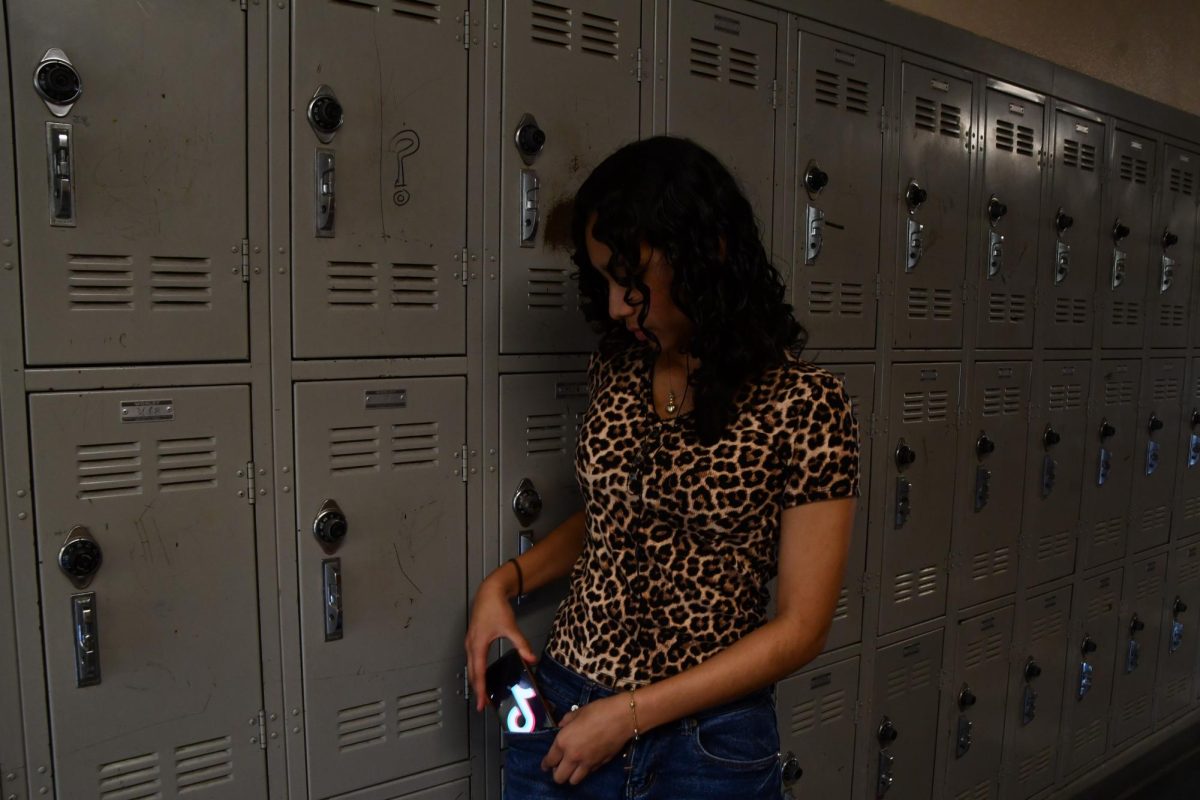
THE MIRROR | MALIA THOMAS
From songs on the radio to streaming playlists, music influences our emotions and our thoughts on the cultural sphere and other types of music genres.
Music used to be the place where people, sounds, styles and scenes used to come together, shaping what pop culture looked like for everyone.
A few things have changed now.
Nowadays, with the rise of social media algorithms, people have curated their own personal cultural sphere in their phones.
Music has taken on a new role. Instead of being the place where hot society was created, it’s become multiple spaces where different people come together, and on TikTok, sometimes a place people can’t escape.
Platforms like TikTok and Instagram now readily give us what’s popular or what we already enjoy listening to and watching.
From the millions of media on these platforms, you would hear the same trendy or viral song on repeat, which starts to get annoying.
A TikTok dance trend goes viral after they put in a catchy song. The main reason that songs go viral is because it’s from a certain artist or has a certain sound that has a lot of appeal — something that makes it easy to blow up on multiple social media apps.
These kinds of songs are enjoyable for a time, but after being exposed to these kinds of songs for so long, it begins to influence how algorithms curate people’s tastes. This narrow catalog of songs are pushed onto users’ feeds and sticks them in a box of one music genre.
There’s no longer an accessible way for people to explore all the types of music genres there are in the music industry.
People don’t feel the need to listen to any other type of music than the one they’re constantly exposed to because there’s nothing pushing them to do otherwise.
However, popular music doesn’t just happen — certain artists from certain demographics with certain sounds get pushed more by social media apps.
As a result, genres like R&B, jazz and rap are beaten out of the scene by pop music.
This also affects culture in a bigger way.
Black artists, the originators of these genres, have been undervalued in music for a long time. In the age of social media, they’ve continued to be brushed aside, especially when they don’t cater to TikTok-friendly pop songs.
These genres helped shape almost all modern music, but pop culture, which moves toward lighter, more commercial sounds, monopolizes the spotlight.
The way algorithms function might help reveal the racial biases people have held in the music industry for a very long time.
When we listen to one genre of music and limit ourselves from others, we subsequently limit our understanding of the world.
It’s okay to have favorites. Everyone has a favorite type of music or playlist.
But when trends and social media decide what is “good music,” we remain ignorant to the different walks of life that make up our communities.
